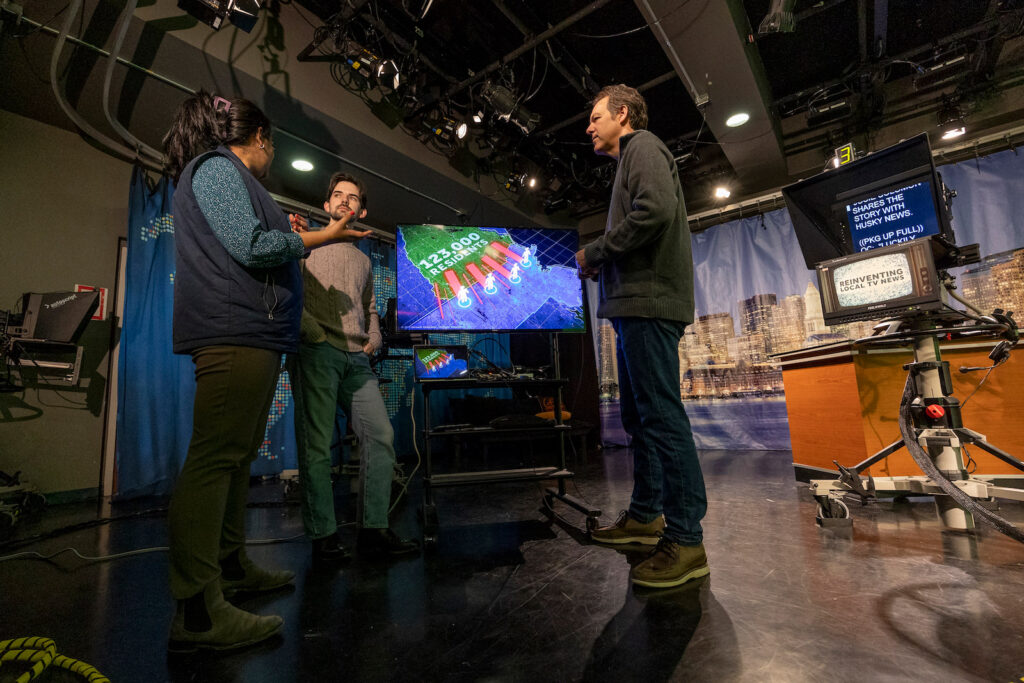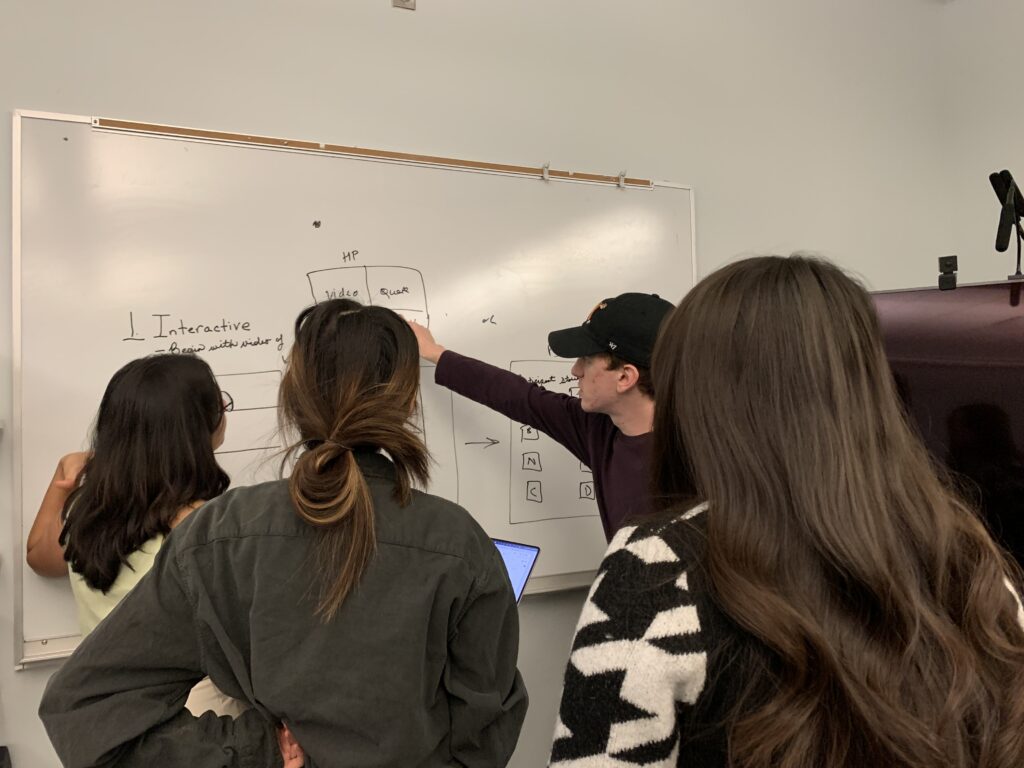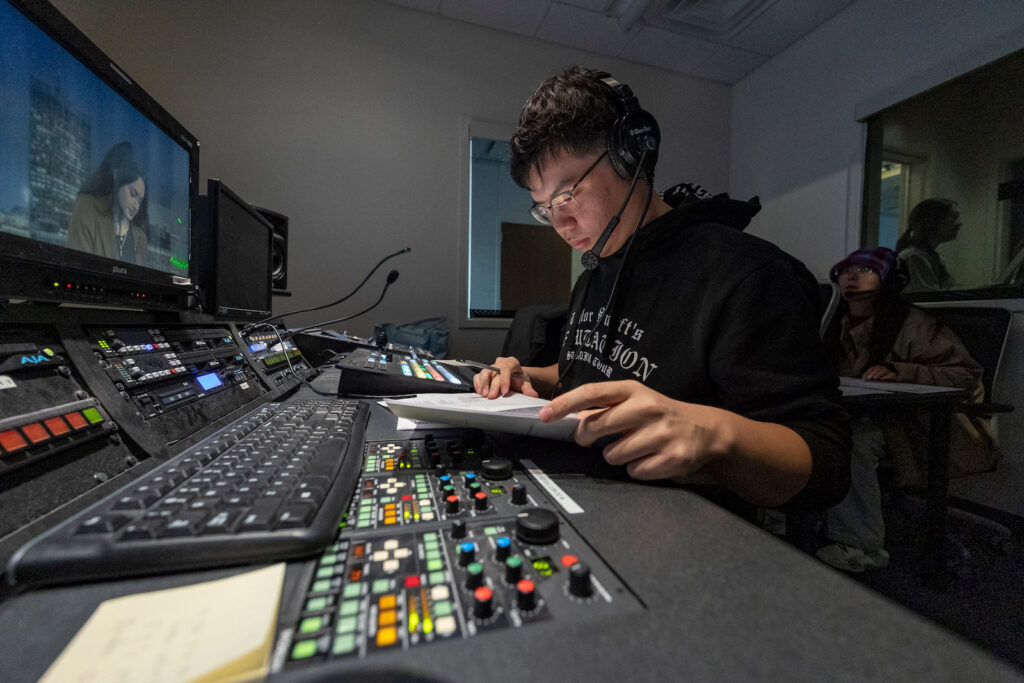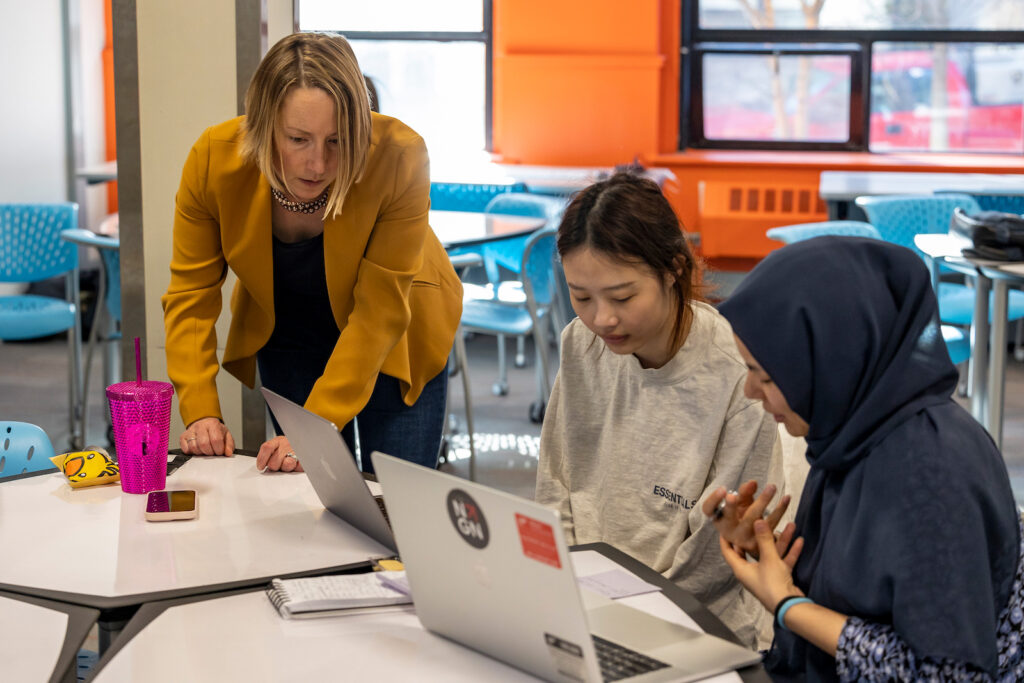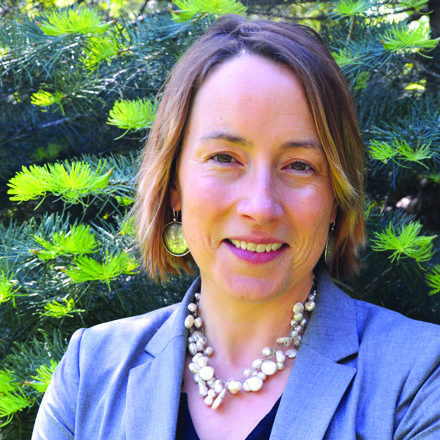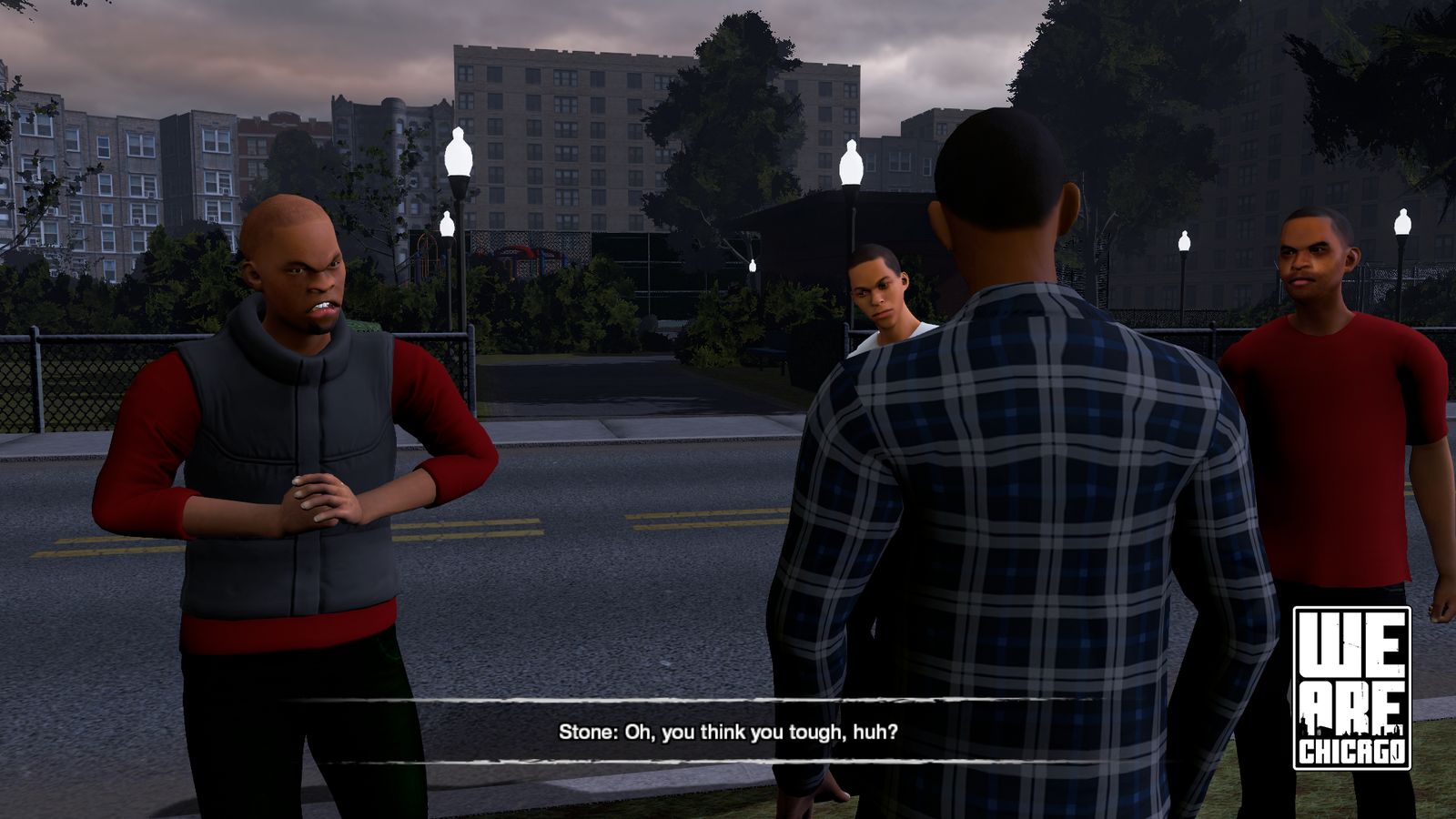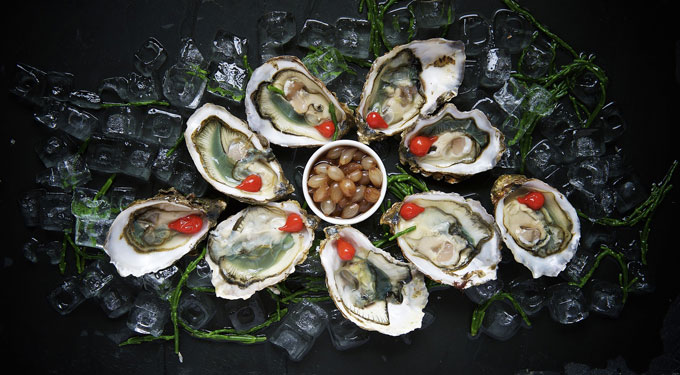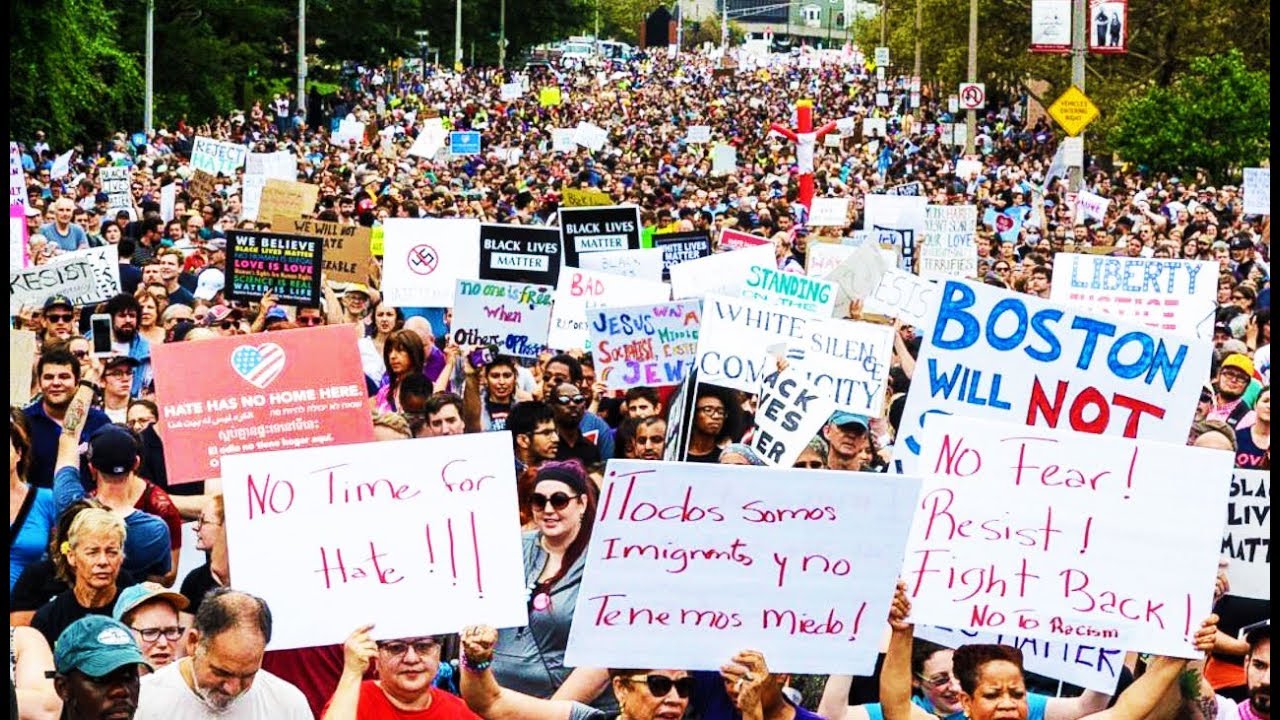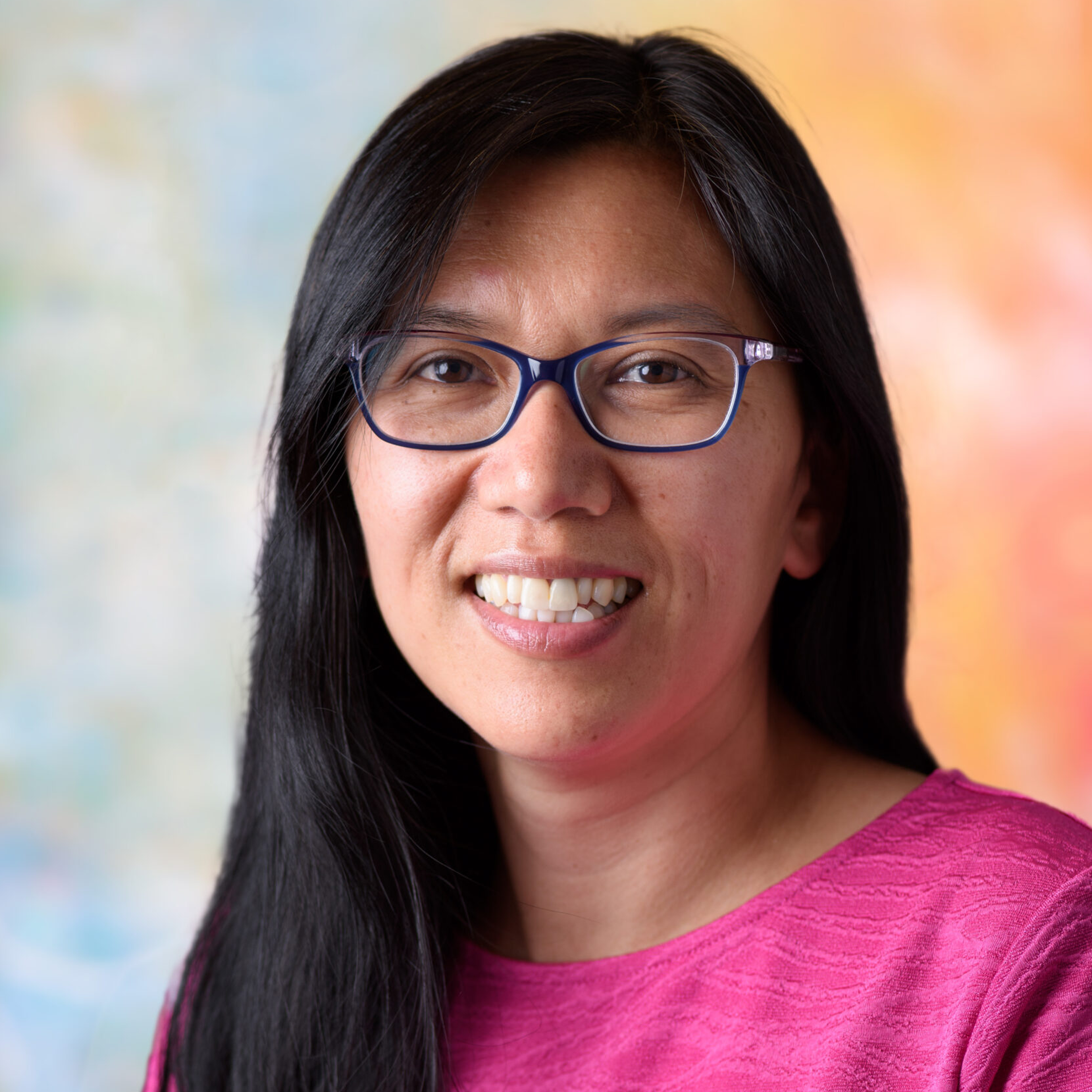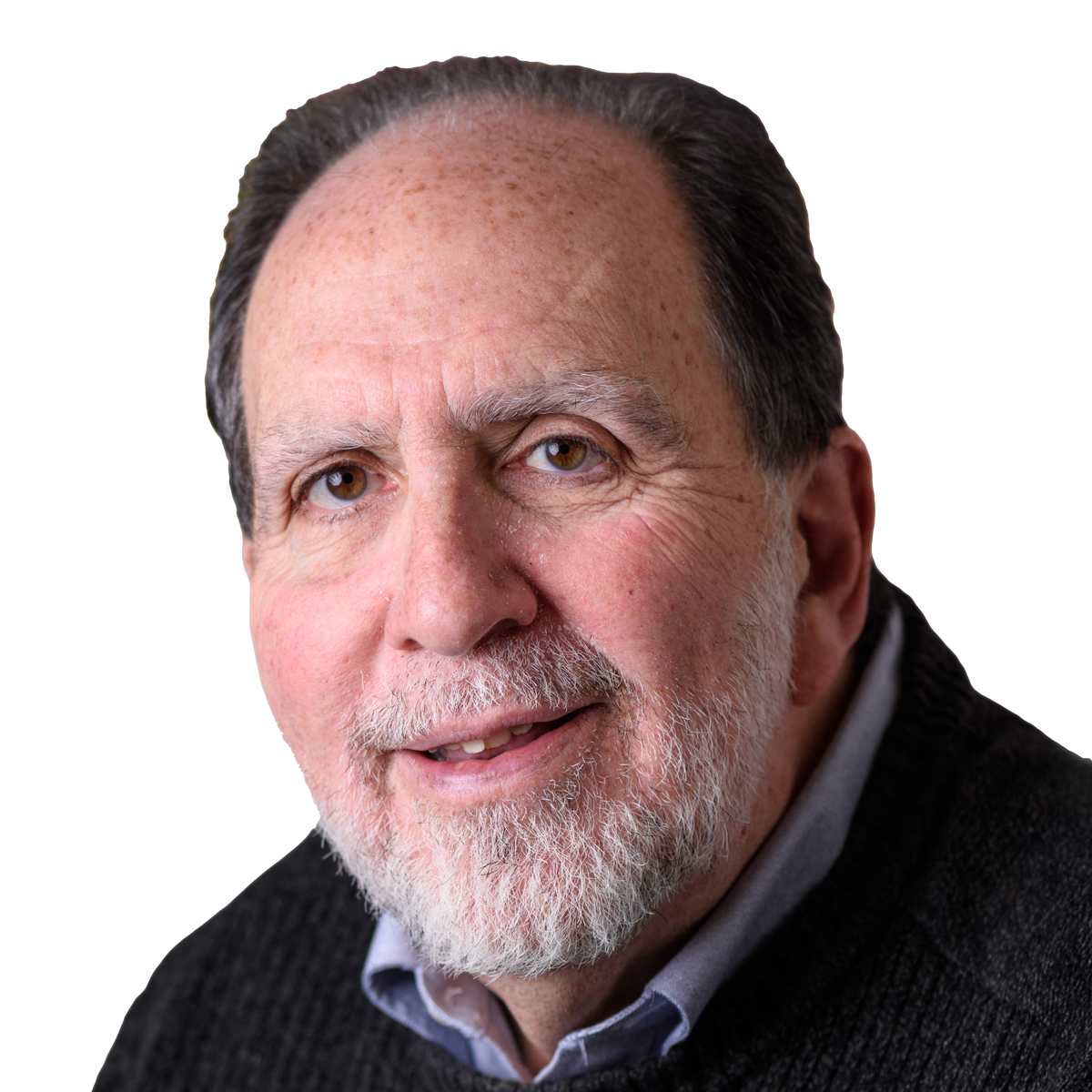Journalism
The School of Journalism at CAMD combines traditional journalistic values—asking fundamental questions, seeking truths, holding institutions accountable—with new media techniques of digital, video, and data storytelling. All to create journalists and public relations professionals ready to engage audiences, spur action, and change the world.
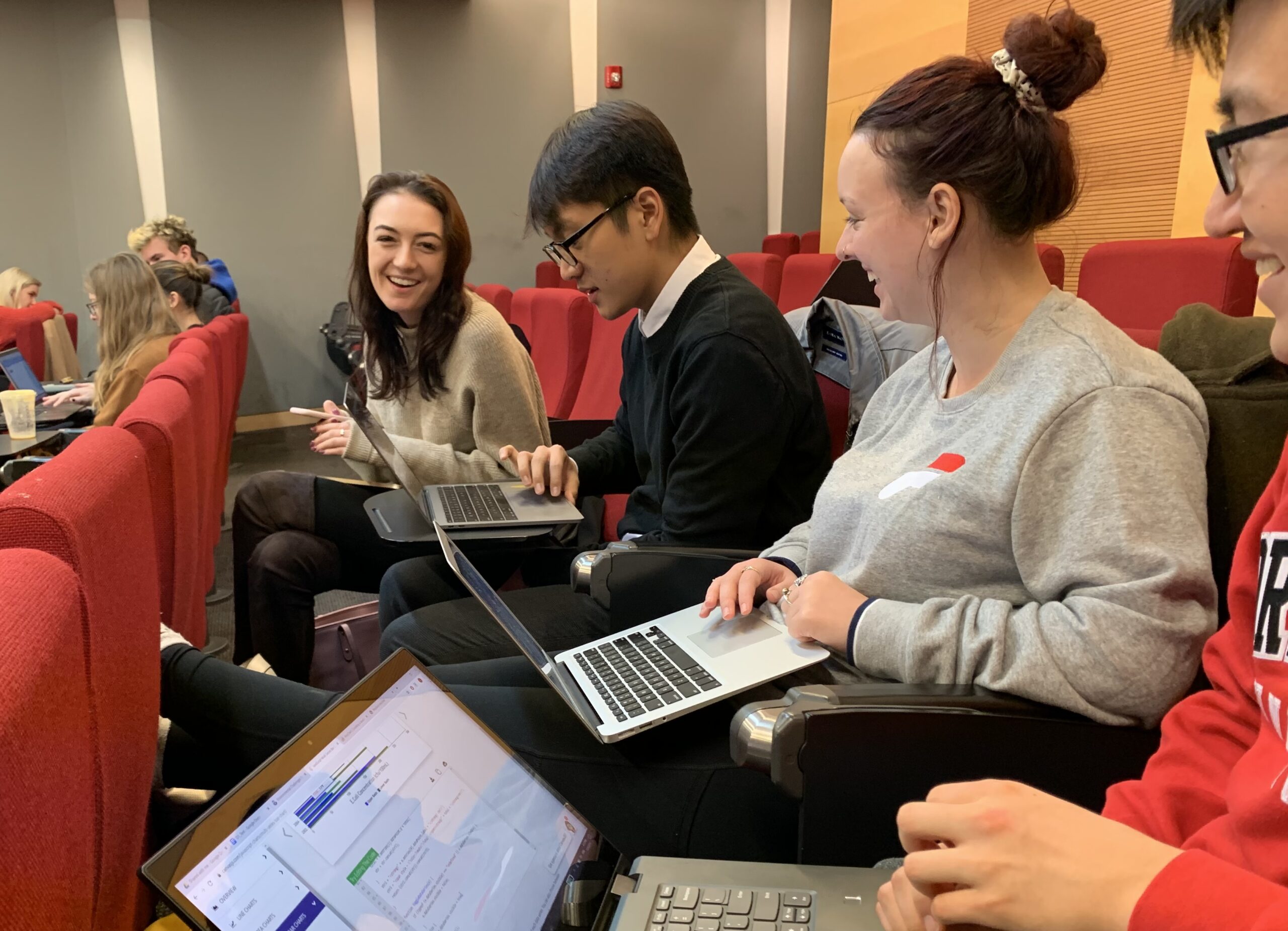
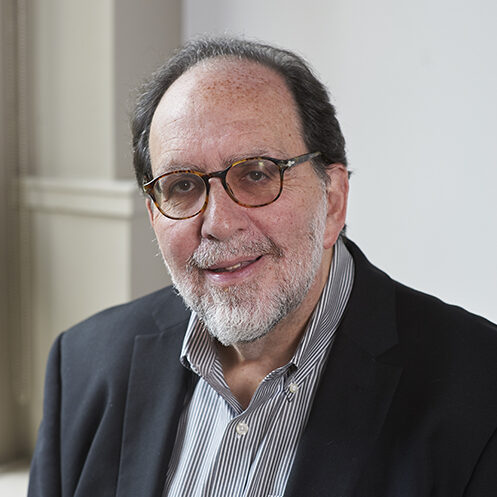
“
The world needs journalists now more than ever to tell stories that shift perceptions, spur action, and shape our world. As journalism continues to evolve, we’re reshaping curriculum to integrate interdisciplinary thinking.
Jonathan Kaufman
Director, School of Journalism
Featured Courses
Student and Faculty Work
Carousel with one slide shown at a time. Use the Previous and Next buttons to navigate.
Latest News
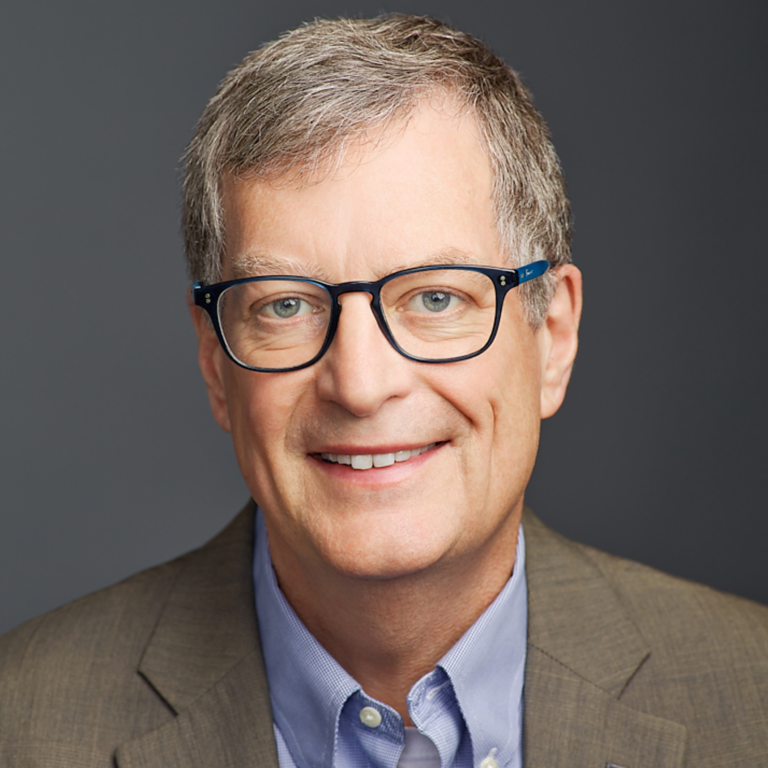
News deserts, and news start-ups, continue to spread
Journalism professor Dan Kennedy offers insight into the growing number of cities experiencing "news deserts."
December 3, 2024

What does TikTok's future look like?
The latest court ruling against Chinese company Bytedance, owner of the social media app TikTok, doesn't remove the possibility that the app could be banned in January 2025. Professor John Wihbey weighs in.
December 6, 2024
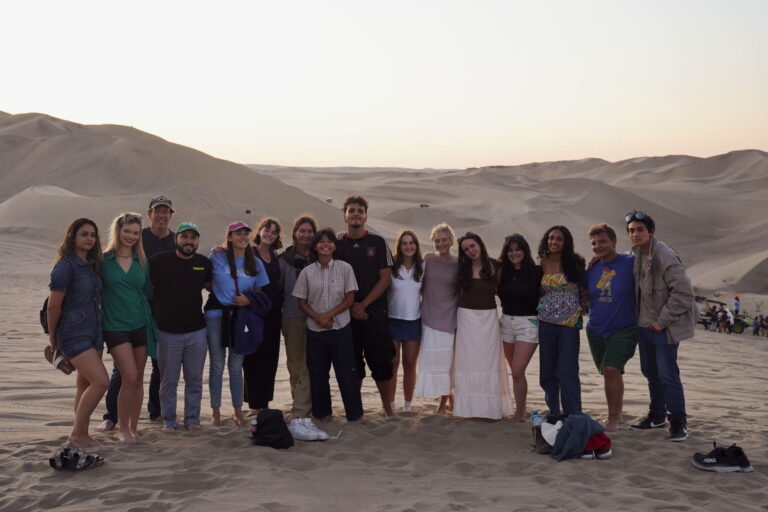
Journalism students highlight Peruvian cuisine during Dialogue
Journalism students traveled to Peru for a five-week Dialogue of Civilizations study abroad experience. While there, students worked with journalism professor of the practice Mike Beaudet and Yanet Monica Canavan.
October 28, 2024

School of Journalism awarded grant to help close local news gap
The School of Journalism has been awarded a $100,000 grant by Press Forward, a nationwide movement to strengthen local communities by reinvigorating local news.
October 16, 2024
Take the Next Step

